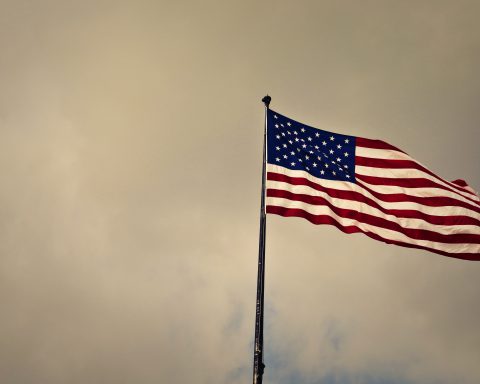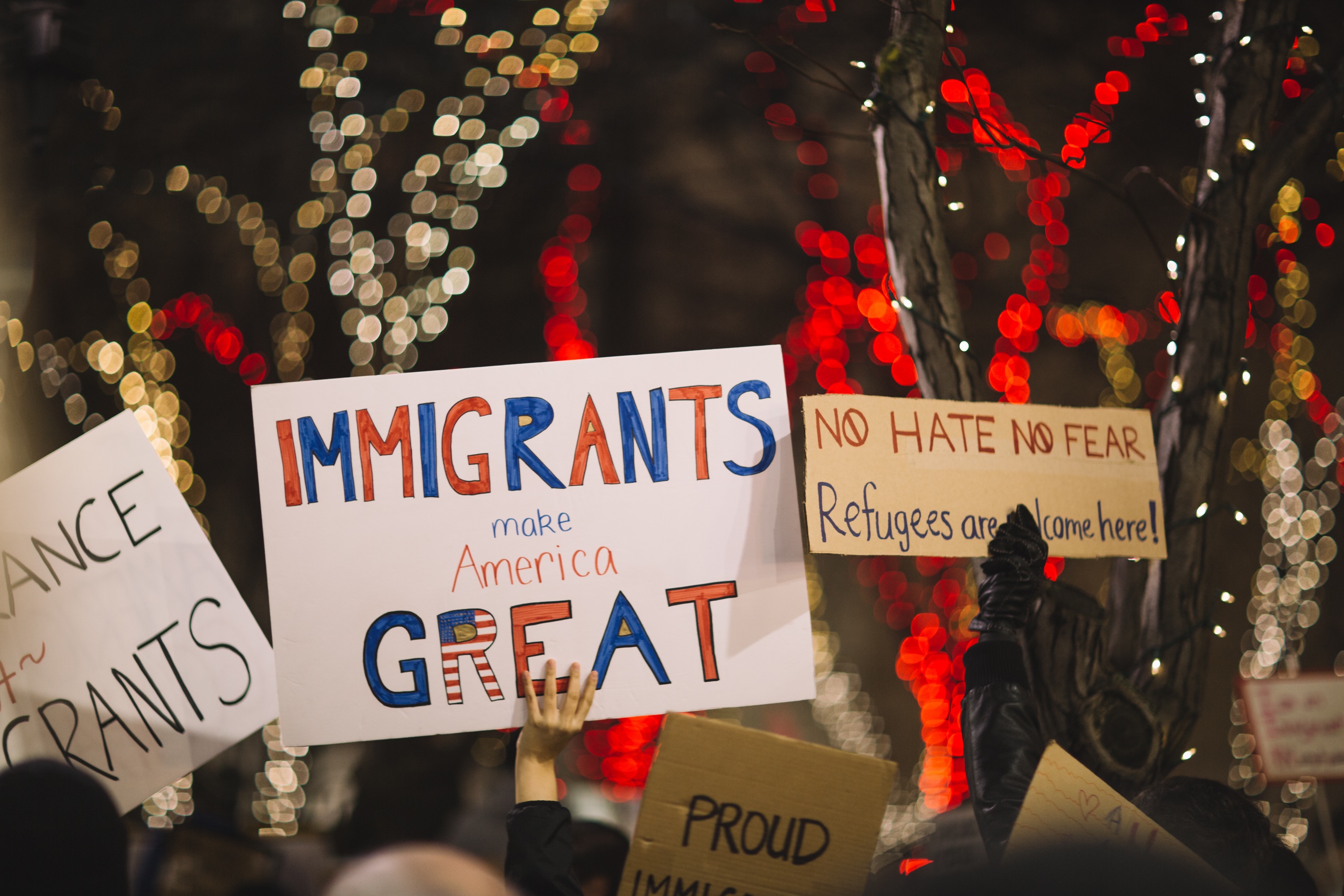
What do church buildings, nations, and marriages have in common?
They all need to leave a sacred space for divergent opinions.
Lots of things happen in sacred spaces. Janitors clean churches up after big events, like weddings, funerals, or the occasional Baptism, Easter and Christmas services. Often they are quiet places, where a homeless man could stroll in and belt out a beautiful song of “Deep River” and only be heard by the minister who was working late in her office. More and more congregations are removing their pews at times; hosting theater, or film, or dance companies; and engaging in adaptive reuse. Occasionally, crucially, they serve as sacred spaces for congregations of multiple faith traditions.
Such mixed uses of sacred spaces, to me, make the buildings more honest.
___________________________________________
Some lament moving away from “pure” Christian ideals, but I say that nothing could be more consistent with Christ than theological honesty.
___________________________________________
The evolving theology behind sacred spaces deserves a lot more attention than it gets. In each interfaith wedding, in every funeral service when the family begs you not to mention God, sacred spaces are becoming locations of hybrid perspectives. They are mixing it up, becoming gradually—but persistently—more open to the things people really believe these days, instead of forcing them to pretend to conform.
Some lament moving away from “pure” Christian ideals, but I say that nothing could be more consistent with Christ than theological honesty. Honest theology knows what it has and what it doesn’t have. Honest theology knows what it’s not—and not just what it is.
We are in a great religious transition. Maybe globalization is the cause. For whatever reason, fewer and fewer people believe their insular religious traditions are uniquely “true”, and more and more people are aware of multiple pathways to the divine. (I often say personally that I am a cradle Christian, that Jesus is my way, but that I also know there are other routes to the God beyond God). I fell in love with a man who was Jewish and have been with him for 35 years. On my way to knowing our children would be “Both”, I prayed long and hard. I asked God to warn me off if this was wrong. No sign appeared. I am proudly a Christian minister but not the Rev. Donna Goldstein. My children all identify as Jews. I am proud of them.
___________________________________________
Love isn’t a comparative value judgement.
___________________________________________
Others check the “none of the above” box when it comes to religion, because each tradition is too narrow for them. Still others say they are spiritual but not religious. They recognize “something” divine, but they also know that they don’t know its full name. To me, this isn’t a difference between “spiritual” non-Christians and myself, because neither do I. I respect and even treasure our religious authenticity, our refusal to lie or be insincere about the biggest questions of all. Honest theology acknowledges that, despite our deep faith in God (by whatever name), no human has a unique and unfettered understanding of The Divine.
A sacred space for honesty is as important for nations as for churches. We can love our country with all our might while also loving Sweden and Canada, Senegal and Australia. When honest, we don’t claim to have the “best” understanding of God, nor the “best” country. Love isn’t a comparative value judgement. Sometimes our obsession with faith, or nation, leads us to claim that it’s “perfect”. This can happen at the cost of it remaining good.
In this, both nations and churches are like marriage. In a good marriage, we can simply say that the way we love our spouse is that we stopped trying for perfection and lived in and with another human who is as flawed as we are. In contrast, when we get attached to the archetypal “perfect wife” or “perfect husband” according to some rigid formula, it can get in the way of really talking about the different needs of human partners.
___________________________________________
I once married a Chinese woman to a Jewish man. At their wedding, the Mandarin-speaking family joined the Jewish family in dancing the Havah Nagilah and declared that they, too, would be lifted up in the chairs—one family affirming the other family’s ancient tradition. They used sign language for their request.
___________________________________________
I do mostly interfaith weddings. It’s likely that my location in New York City, one of the great melting pots of the world, is the cause. I once married a Chinese woman to a Jewish man. At their wedding, the Mandarin-speaking family joined the Jewish family in dancing the Havah Nagilah and declared that they, too, would be lifted up in the chairs—one family affirming the other family’s ancient tradition. They used sign language for their request. Another time the Ecuadorian head of the New York City Cab Drivers Union married a Hindu cab driver from Mumbai. (The Ecuadorian woman was Catholic). A third service featured a Jewish woman from Westchester and an Arab man from Nazareth. I could go on.
These hybrid marriages all have a common theological assumption. They believe that mix is good, that blend is good, and that diversity is good. They understand and believe that God thinks so too—and when these marriages succeed, it is generally because each partner respects and cherishes the other person’s theological perspective.
My own theological perspective is this: I think God’s endgame, since the beginning of time, is for Creation to be populated by fully blended groups of humans. Some may still be the same race and the same religion—there will be room for the original separations. But, simultaneously, the new majority will be what racists used to call “impure”—and they will be so in a proud and dynamic way. Likewise in that great getting’ up morning, metaphorically imagined as the end of time, nations will have very fluid borders, happily. There will be no talk of walls.
Sacred space will be equally “impure”, and will not just be given to the purpose of worship but also to the purpose of art and community. Things will gladly blend. Buildings will be greener because more people will use their energy and light and heat. Sacred space will become public space and public space will become more sacred in its appreciation of human value.
Honest patriotism? Honest theology? Honest marriages? The worst thing that can happen is to be “the best” in your marriage. The second worst thing that can happen is that you are the one who is always right. Likewise with nations. Likewise for religions. The best thing that can happen for each of us is not insular perfection; it is to mix life up, to be like the strong hybrid plants that grow in hedgerows, on the edge of their own evolution. That way we have the chance to redeem our creation. So may creation come into its full realization.
***
AUTHOR BIO:

Rev. Dr. Donna Schaper has written 30 books, usually concerning spiritual responses to material problems, such as rituals to sustain activists and Sabbath keeping in the “time famine”. She is senior pastor to Judson Memorial Church, founder of the New York City New Sanctuary Movement, and an active community builder.
Donna writes of herself: “My life mission is spiritual nurture for public capacity. This mission grounds me in my first love, which is parish ministry. I also love teaching people in leadership situations beyond the parish, like community organizations, chaplaincies, and non-profits. Action-reflection is a method I learned at the University of Chicago Divinity School, and I have treasured it ever since. Preaching, pastoring and building community (or rebuilding community) are my strengths and graces.”






Unbound Social